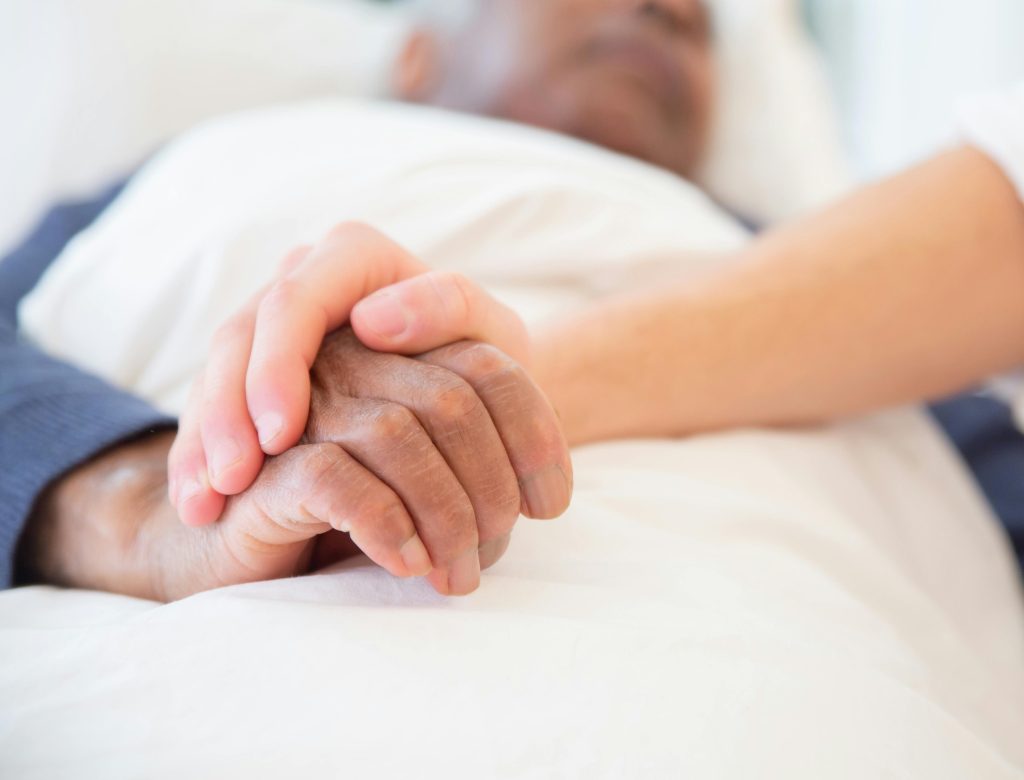On Friday, 29 November, the House of Commons will hear the Second Reading of The Terminally Ill Adults (End of Life) Bill 2024-25. This is a Private Members Bill, introduced by Kim Leadbeater MP.
This is a bill (a draft law) that would legalise medically assisted dying (assisted suicide) in the UK, for terminally ill adults. The long title of the Bill states that it would “allow adults who are terminally ill, subject to safeguards and protections, to request and be provided with assistance to end their own life”.
The vote on the Second Reading is the key vote that will determine if this controversial measure becomes law. MPs have a free vote, meaning they themselves decide how to vote, not the Government or their party. If a majority of MPs vote for the Second Reading of this Bill, it will be introduced into UK law.
Growing Old Grace-fully believes in the value of all human life, including of course later life and old age (something too often not the case in society) and those living with terminal illnesses and the various forms of dementia. As with many older people’s organisations, we want to see better and more personal health care, including palliative care, for all, and through this to give each person dignity in the latter stages of life and in dying.
Allowing assisted dying/assisted suicide, even for one group, means medical professionals will have to be involved with assisting people to take their own lives, as opposed to treating and caring for them and alleviating physical and mental pain through medical relief and psychological support.
The example in other countries also shows that once such an initial law is introduced for one group of people, there is pressure to extend it to others, which could include old people, who may be made to feel a burden on their family and on society, and people living with dementia and other degenerative conditions.
The Catholic Bishops’ Conference of England and Wales (CBCEW) is calling on people to write to the MP and their website has a raft of resources to help inform people about the Bill and the issue. Their resources are available here.
There is also a page on the website of the Diocese of Leeds with information here.

